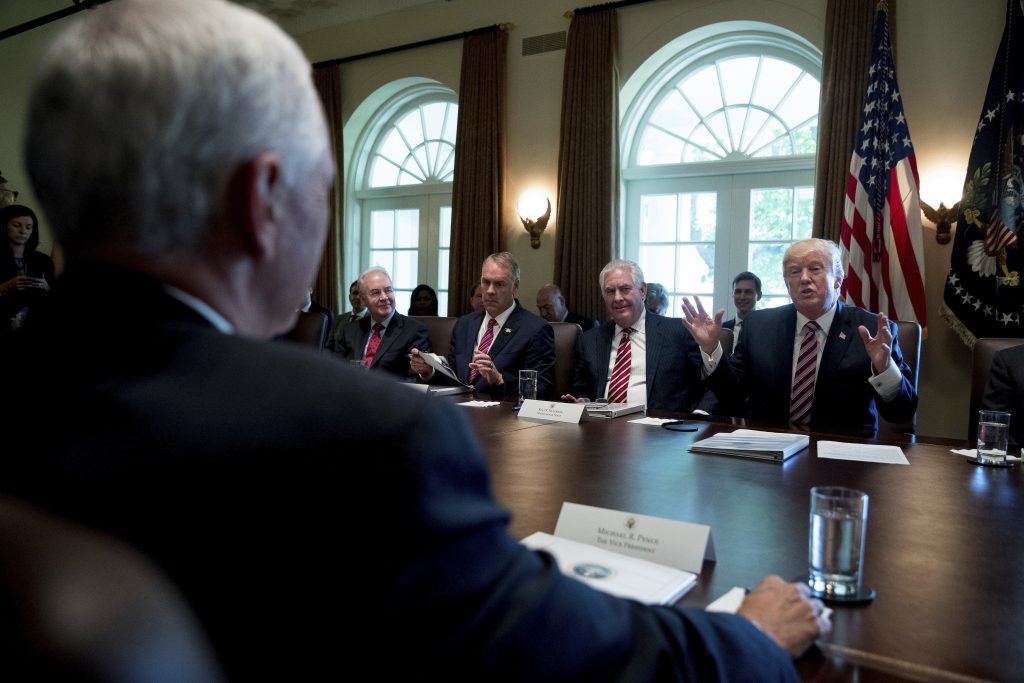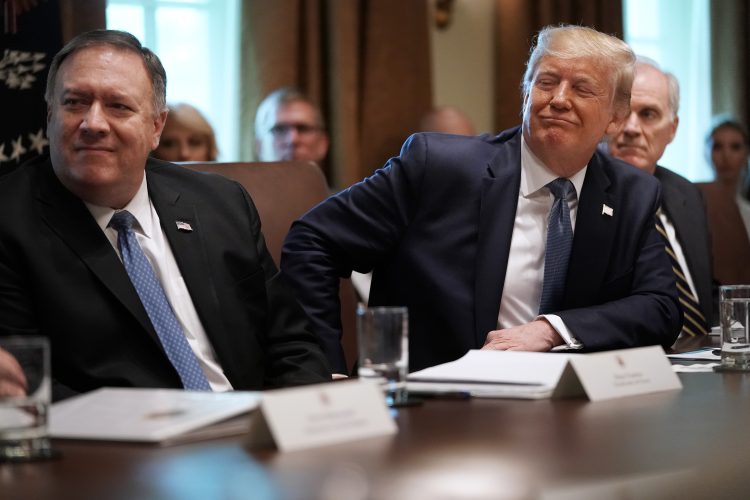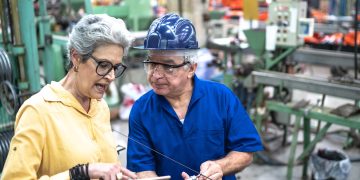Introduction: A Swift Transition
As of November 24, 2024, following his victory in the recent U.S. elections, Republican Donald Trump has rapidly nominated all 15 of his cabinet positions. In just two and a half weeks, he has nearly completed his cabinet appointments, a move that analysts suggest will reduce policy uncertainty as he prepares to assume the presidency once again. This swift action indicates a potential shift in focus for investors, who may transition their attention from risks associated with trade protectionism to a more resilient outlook on the U.S. economy and debt trajectory, potentially buoying both the stock and bond markets.
Key Appointments: Financial Chiefs of State
Among the cabinet appointments, Trump’s nominations for Secretary of the Treasury and Secretary of Commerce have drawn significant market attention. On November 19, he announced the selection of Kauffman as Secretary of Commerce. Just days later, on November 22, he put forth Bassente for the Treasury position.
Kauffman has been with the financial services firm, Jardine, since 1983, eventually rising to the position of CEO. His extensive experience in the business sector equips him with formidable operational expertise and insight. Meanwhile, 62-year-old Bassente, the founder of global macro investment firm Key Square Group, has previously served as the Chief Investment Officer for Soros Fund Management. Trump has referred to him as “one of Wall Street’s smartest individuals,” and markets view him as the “adult in the room,” a stabilizing force in turbulent times. Trump noted that Bassente has long been a staunch advocate for his “America First” agenda and is expected to help usher in a new golden era for the nation.
Economic Policies: Dual Approach
Analysts suggest that Trump’s choices for Secretary of Treasury and Secretary of Commerce align with a policy framework of “aggressive trade combined with moderate fiscal discipline.” Kauffman, recognized as a trade hawk, is likely to embolden the Trump administration’s stance on protective trade policies. He espouses radical tariff ideologies, asserting that tariffs are an effective means to safeguard American workers’ interests, even advocating for a return to a bygone era—one devoid of income taxes and reliant solely on tariffs.
On the fiscal front, while Bassente supports Trump’s objectives of deregulation and tax cuts, he also emphasizes the need to control inflation and maintain budgetary balance. He has proposed the “333 Plan,” aiming to reduce the budget deficit to 3% of GDP by 2028, achieve a 3% growth rate through regulatory easing, and increase daily oil production by 3 million barrels or an equivalent in energy. Bassente opines that during Trump’s previous administration, the federal budget deficit averaged 4% of GDP, indicating a feasible path to reduction.

Loyalty and Experience: A New Breed of Leadership
The appointments of Kauffman and Bassente are deemed significant not only for their economic philosophies but also for their demonstrated loyalty to Trump throughout his campaign. Their extensive investment backgrounds provide a unique perspective that can inform U.S. economic policy effectively. Notably, Bassente is known for his critical stance toward the Federal Reserve, previously advocating for the appointment of a “shadow Federal Reserve Chairman” to challenge conventional monetarist thinking.
Cabinet Composition: A Departure from Tradition
In Trump’s latest cabinet nominations, many candidates lack traditional governmental experience, with a substantial number hailing from the business and media sectors. Apart from Kauffman, notable attention is on two prominent Fox News anchors who have been proposed for the roles of Secretary of Transportation and Secretary of Defense, a reflection of Trump’s strategy to infuse new voices into his administration.
Conclusion: Anticipating the Future
As the incoming administration gears up for a transformative period, the careful selection of experienced professionals from varied backgrounds suggests that Trump is poised to implement a robust economic agenda. How these appointments will influence U.S. policy moving forward remains to be seen, yet they undoubtedly herald a continuation of Trump’s distinct leadership style, marked by decisive action and a firm commitment to his electoral promises.

































